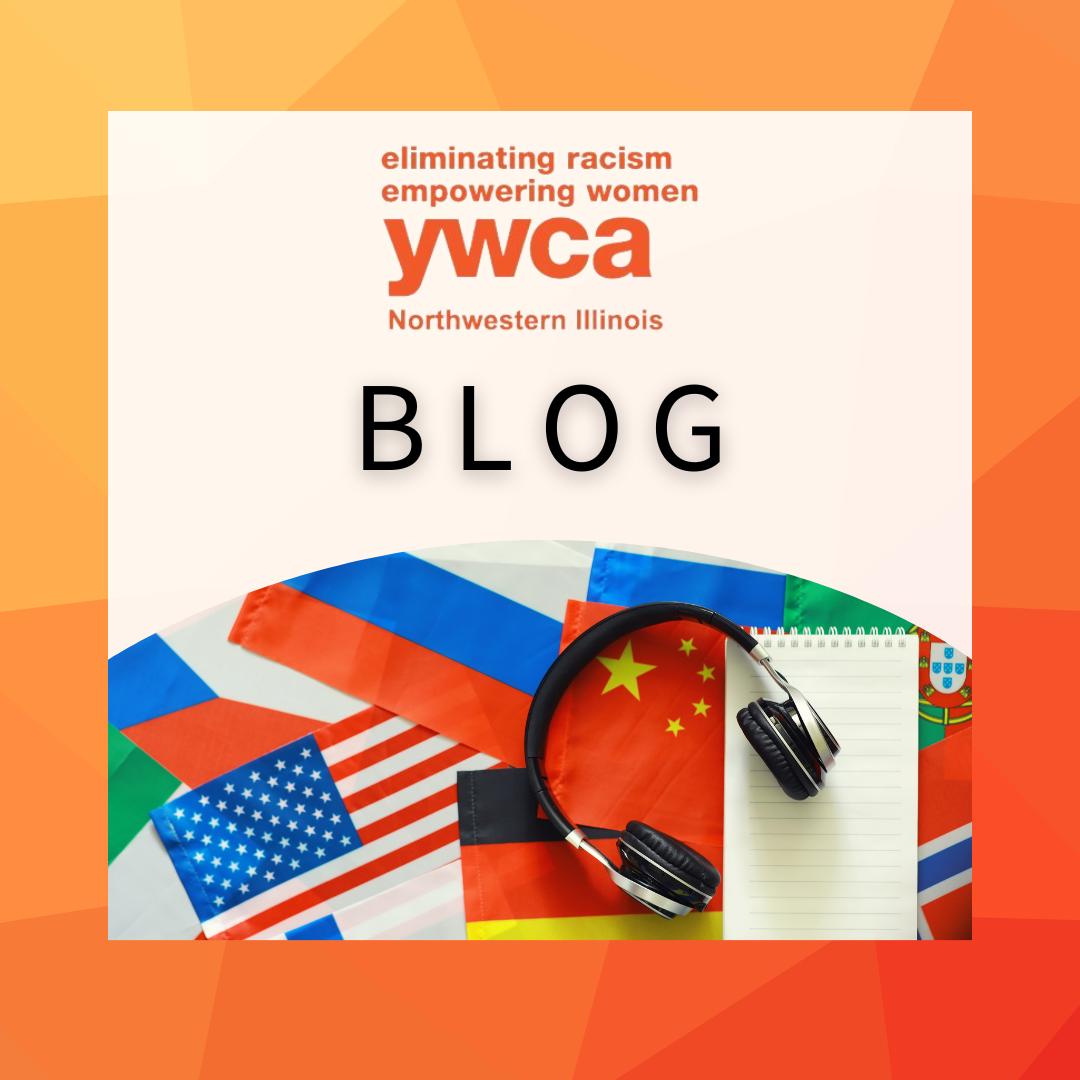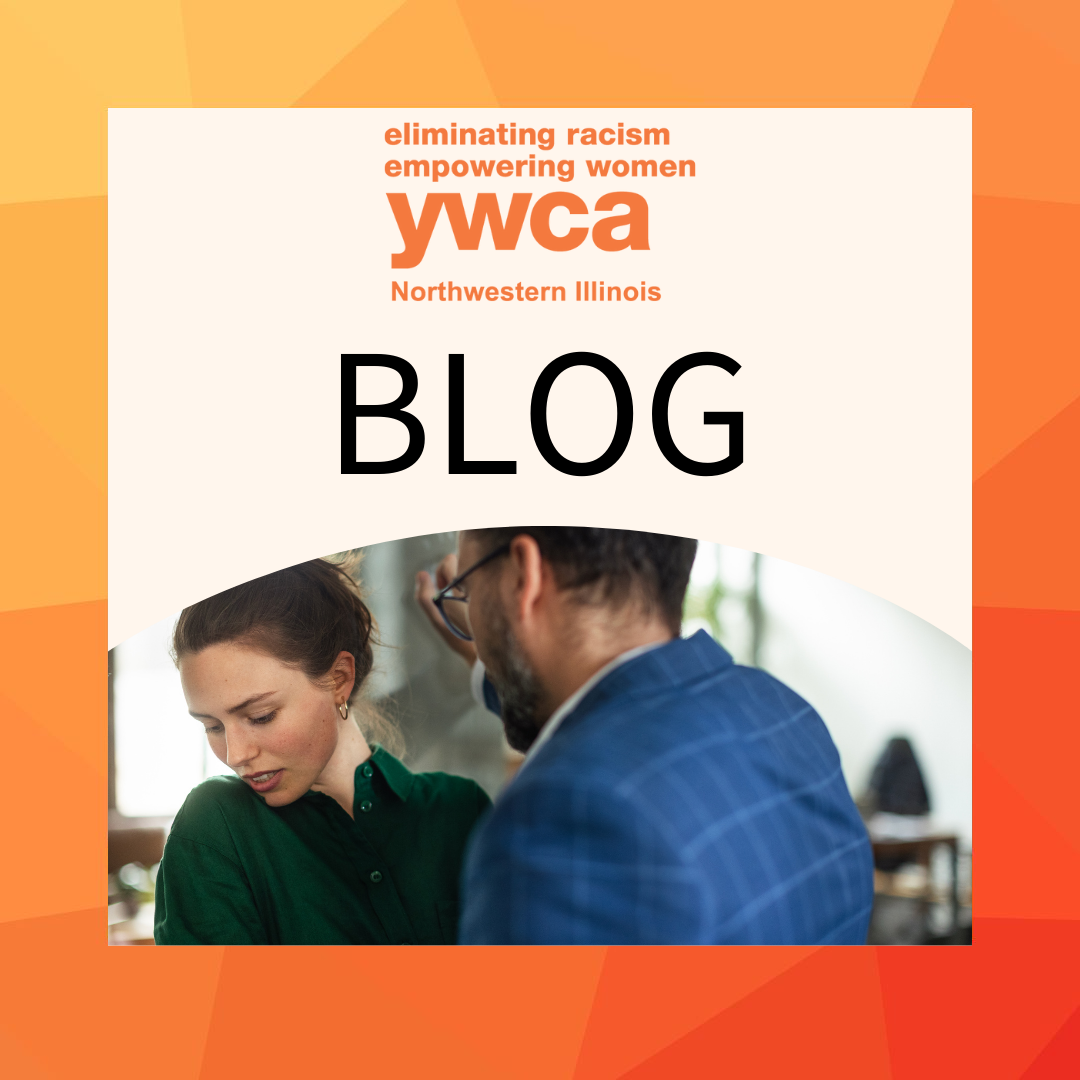It’s estimated that one-half to two-thirds of adults around the world speak two or more languages. For people who live in countries in close proximity to other countries, it’s culturally necessary to communicate with neighbors, conduct business, and travel. Many countries have more than one official language, and children who grow up there will learn both as soon as they enter school. It’s also not uncommon for children across the world to be taught English in school in addition to their native language, as English is rapidly becoming the most commonly used language used when conducting international business.
Whether it’s borne out of cultural necessity, relocation, or close proximity, the ability to speak more than one language has clear benefits, especially in children. Multilingual kids must learn to switch back and forth between languages; this creates a flexibility in thinking that can positively affect problem-solving skills, decision-making, memory, and the ability to focus. In fact, recent studies from the National Academy of Sciences suggest that when learning, multilingual people may have an easier time blocking out unnecessary or irrelevant information.
Learning a language in childhood has been found to be exponentially easier than learning a language in adulthood, as children’s brains are still undergoing constant development. Due to their neuroplasticity, children are able to acquire language in a rapid way that is not hindered by embarrassment or fear. Their brains make millions upon millions of neural connections every day, and learning a language can create organizational thinking patterns that are useful in many aspects of life.
Does this mean you should not learn a second language as an adult? Quite the opposite! While it’s easier to acquire a language in childhood, learning a foreign language as an adult still yields several positive benefits. The ability to speak another language is a very marketable skill, and not only do many fields give priority to hiring candidates who are multilingual, but they tend to those candidates more as well.
It has also been posited that once a person has learned a second language, it becomes easier for that person to pick up a third, fourth, even a fifth language. Knowing more than one system of spelling and grammar influences the ability to comprehend new systems of grammar and spelling, even if they are different from the native and second language. Other notable benefits of being bilingual are the increased ability to multitask, being open to other cultures and ideas, lowered stress levels, and faster recovery from stroke.
You might be thinking to yourself, “Where do I start?” Learning a language can seem like a daunting task, and the natural fear of embarrassment can often intimidate people into quitting, or worse, never giving it a try at all. Like any habit, learning to speak another language takes daily practice, patience, and dedication. You don’t need to be enrolled in school to study a language—in fact, you don’t need much of anything to get started learning, other than the desire to do so!
Apps like DuoLingo and Babbel are making language learning simple, fun, and accessible from anywhere you get Internet service. Products like Rosetta Stone, though not altogether cheap, use methods of learning that immerse you in the language and reinforce grammar and vocabulary with spaced repetition. Your local libraries also have resources for language learning like dictionaries and textbooks.
December is Learn a Foreign Language Month, and while you’re celebrating this holiday season, consider this: the benefits of growing up in a multilingual home begin manifesting as early as seven months old. In a study, babies raised in a monolingual home did not have the same ability to recognize pattern changes as babies raised in a multilingual home.
Give yourself and your children this gift that keeps on giving and learn another language. Get your whole family involved and learn together. Use learning as a way to connect, communicate, and grow closer.
From all of us at YWCA, happy holidays and happy Learn a Foreign Language Month!
-Sarah Catalfu, YWCA Northwestern Illinois Literacy Council, Literacy Coordinator




